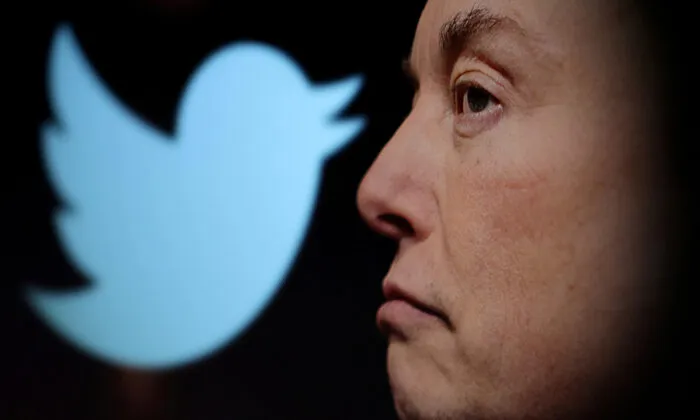Table of Contents
Jonathan Turley
Republished with permission from JonathanTurley.org.
Despite my support for Elon Musk’s continuing efforts to reduce censorship and restore free speech protections on Twitter, I have been critical of some of his moves from his use of polls on restoring certain posters to the suspensions of media figures this week. However, this morning, I was struck by the European Union (EU) rushing into the controversy to threaten, again, sanctions against Musk. The EU is apparently aghast that Twitter could suspend media even temporarily, after ignoring the bans on conservative media for years under the old management.
I understand Musk’s view of such tracking as a form of doxxing (particularly after a man reportedly used the information to attack the car with one of his children inside). Doxxing has long been subject to suspension. Indeed, figures connected with mainstream media from CNN to the Washington Post have been previously accused of doxxing. Liberal groups were accused of doxxing conservative justices and others, including dangerously posting information on the children of Justice Amy Coney Barrett. It does not seem to matter when the targets are conservative, Republican, or libertarian.
Figures who have long advocated the banning of others with opposing views are some of the loudest objecting in the wake of the doxxing controversy. Washington Post Taylor Lorenz expressed fear that she could be next. It may not be a groundless fear since Lorenz has been previously accused of doxxing others and described the reintroduction of free speech protections for others as the opening of “the gates of hell.”
However, it was the appearance of the EU that was most jarring. We have been discussing efforts by figures like Hillary Clinton to enlist European countries to force Twitter to restore censorship rules. Unable to rely on corporate censorship or convince users to embrace censorship, Clinton and others are resorting to good old-fashioned state censorship, even asking other countries to censor the speech of American citizens. It is an easy case to make given the long criminalization of speech in countries like France, Germany and England.
The EU responded immediately by threatening Musk that restoring free speech could result in immediate sanctions or an entire ban. Now, EU commissioner Vera Jourova warned that the EU’s Digital Services Act was preparing to act to defend press freedom: “Elon Musk should be aware of that. There are red lines. And sanctions, soon.”
Jourova’s self-righteous tirade was almost comical given the EU’s long-standing attacks on free speech and silence of prior media suspensions. Jourova insisted “[The] EU’s Digital Services Act requires respect of media freedom and fundamental rights. This is reinforced under our Media Freedom Act.”
Really? Where was Jourova and the EU when Twitter was aggressively suspending media like the New York Post for publishing the true story of Hunter Biden’s laptop? How about the slew of conservative writers and experts barred for questioning official accounts on issues ranging from Covid to climate change?
Not surprisingly, the EU is threatening to use the unprecedented anti-free speech law recently passed by the body.
For years, some of us have denounced the EU’s efforts to pass the Digital Services Act, a roadmap for state censorship on the internet. It is the Western embrace of Chinese style speech controls on the internet. The chief censor in the West has been Breton, who has shown open contempt for free speech values.
Breton has made no secret that he views free speech as a danger coming from the United States that needs to be walled off from the internet. He previously declared that, with the DSA, the EU is now able to prevent the internet from again becoming a place for largely unregulated free speech, which he referred to as the “Wild West” period of the internet.
Jourova has also been a leading anti-free speech voice globally. She has pressed the United States for greater and greater censorship, declaring “democracies may die in noise and cacophony”. She wanted the tidy silence and order that comes from state imposed censorship.
Now, however, Jourova is deeply upset that some are being suspended as part of an anti-doxxing rule. Of course, the past suspension of writers like Greg Piper, Alex Berenson and others was not nearly as concerning for the EU. The “red line” was only crossed when favoured media were subject to such suspensions. The fact that this comes soon after threatening Musk not to restore free speech rights only makes the EU’s position more maddeningly conflicted and obtuse.
While I disagree with the scope of this action, I still support his efforts at Twitter in the face of an all-out-war declared by an alliance of political, media and business interests. Musk has dismantled one of the most massive censorship systems in the world. Many of us in the free speech community will not hesitate to call him out when he is wrong, but the EU and many of these anti-free speech figures can spare us the transparent outrage after years of supporting censorship.
Reprinted with permission from JonathanTurley.org.









